Plogue Chipsynth OPS7 bit-accurate emulation of the DX7
The latest Chipsynth from Plogue takes on the classic 6-operator FM synthesis as found in the Yamaha DX7 and aims for complete accuracy.
Chipsynth OPS7
There are several emulations of the good old Yamaha DX7 out there and each one claims to be accurate, authentic and realistic software versions of the hardware synthesizer. However, Plogue is known for its attention to detail and almost fanatical approach to modelling circuits, sound and behaviour. What they didn’t do is try to emulate the user experience of buttons, a data entry slider and a very small screen. Instead, they’ve brought all the functionality, depth and detail out onto the front panel of the interface smoothing that legendary learning curve down to easily accessible levels. Nice job!
Plogue calls it the dynamic patch editing system that removes the need for algorithm diagrams, although these still exist in the manual and seem to be important. There are also pages of detail about the nature of the synthesis which reads as complex and deep as ever so I’m not exactly sure where all the simplicity comes in. There are a load of presets to explore and they do start to reveal how the interface works and because you can see the operators take shape in the interface in front of you I imagine that’s what they’re talking about.
The interface is set up in pages where you first have layer A and layer B which can be completely independent programs. Then you have the SYX page which is your patch library where you can load 32 SYX patches per layer and these can come from the original DX7 or any other source of compatible patches. MATRIX is for modulation and FX is for effects.
You are currently viewing a placeholder content from SoundCloud. To access the actual content, click the button below. Please note that doing so will share data with third-party providers.
It all gets deep really fast but the layout and easy access to knobs and parameters make exploring and experimenting an enjoyable experience. There’s no doubt that this is the software version of the DX7 that devotees have been waiting for. Check out the feature overview video below for everything you need to know.
Chipsynth OPS7 is available now for VST and AAX on macOS and Windows for £46.80.
More information from Plogue
Video
You are currently viewing a placeholder content from YouTube. To access the actual content, click the button below. Please note that doing so will share data with third-party providers.
5 responses to “Plogue Chipsynth OPS7 bit-accurate emulation of the DX7”
You are currently viewing a placeholder content from Facebook. To access the actual content, click the button below. Please note that doing so will share data with third-party providers.
More InformationYou are currently viewing a placeholder content from Instagram. To access the actual content, click the button below. Please note that doing so will share data with third-party providers.
More InformationYou are currently viewing a placeholder content from X. To access the actual content, click the button below. Please note that doing so will share data with third-party providers.
More Information 5,0 / 5,0 |
5,0 / 5,0 | 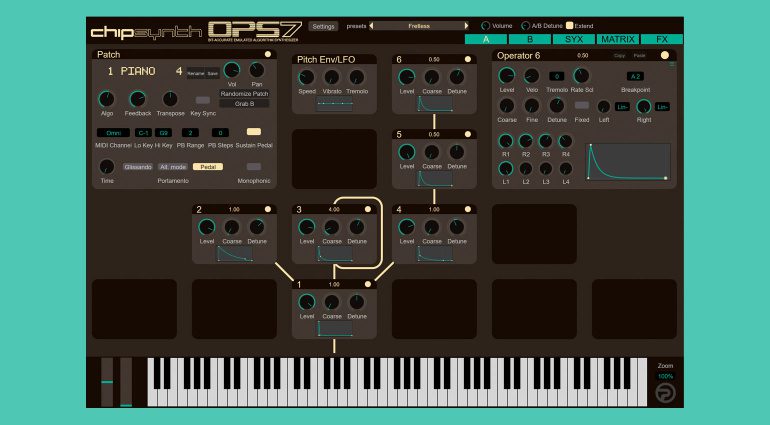

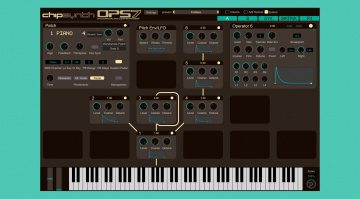

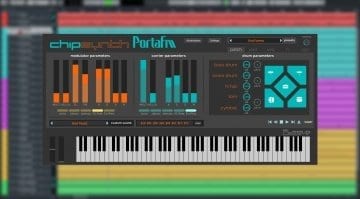
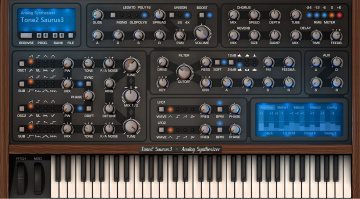
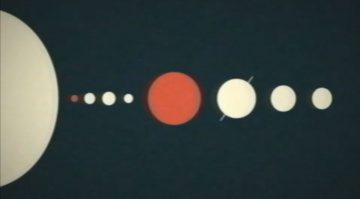
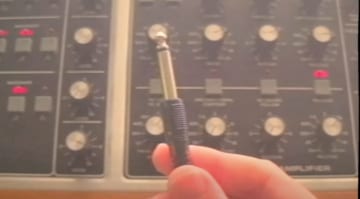
Hmmm. 46 quid might be quite an ambitious ask, given that DEXED is free, and is generally excellent. I’ve owned (and still own) many DX7’s over the years, and used to run the now defunct “DX7 Resource Centre” in the early days of the ‘interweb’ thingy, so I’m pretty familiar with the nuances we’d expect to see, in something aiming for 100 % authenticity. FM7 and 8 didn’t quite get there (too clean) – but were fun nonetheless, and there was nothing else at that time. DEXED has a bit more of a lo-fi edge to it, which is a good thing and just feels more like I’m playing on a mk1 brownie. The FM engine in my MODX is ‘alright’ but some of my patches from my original DX7’s don’t always sound quite right.
I’m very curious to see what more they’ve achieved here, that you can’t already get for free. Personally I’d actually quite like to see something which also imitates the experience of using the frustrating 32 character LCD and all the colourful DX buttons (we like authenticity!) as well as the much more user friendly interface seen here and in DEXED.
OPS7 has a list of extended parameters that are detailed in the manual. It has all the waveforms from the TX81Z, OPL3, and TG77 (not including samplesw). Furthermore, It allows 1-bit noise modulation, vibrato, panning, pitch envelope modulation, and feedback for each operator!
Let me follow up on my earlier comment. They’ve nailed it ! I have a few ‘go to’ patches which I always use to challenge DX7 ‘pretenders’ and OPS7 behaves exactly like a DX7 mk1. Even DEXED – which is incredible – struggles with a couple of these patches, but OPS7 handles them perfectly. It’s an incredible DX7 emulation. The only addition I can think of for future updates perhaps could be something to emulate the DX7 hiss (if you want it). Then it would really sound like the original.
Actually, there are different DAC and filter settings that allow you to let it sound slightly more “warm” or hissy.
What I missed mostly on Dexed is the Portamento. Has this been included in Plogue‘s attempt?